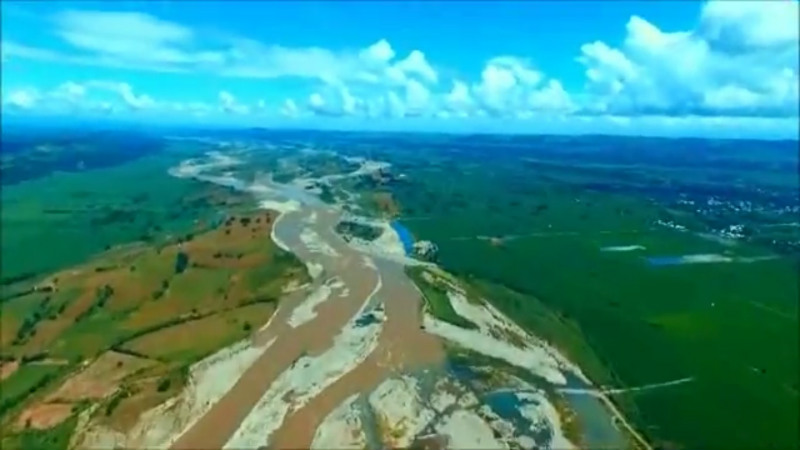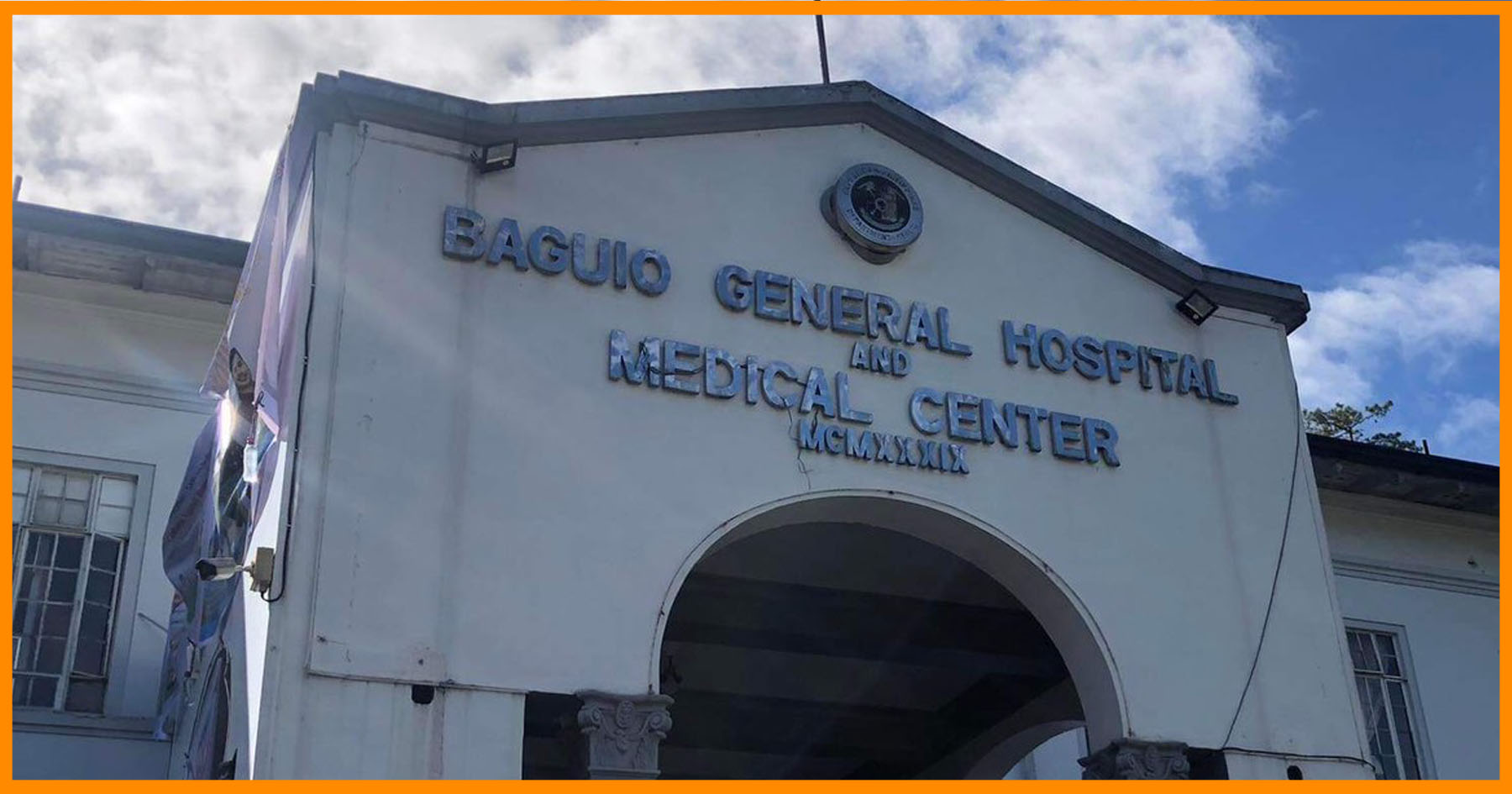PINUKPUK, KALINGA – The Regional Project Monitoring Committee (RPMC) of the Cordillera Regional Development Council visited the Chico River Pump Irrigation site implemented by the National Irrigation Administration on August 23 to validate various claims concerning the project. The RPMC then held a joint meeting with their counterpart in Region 2. This visit was a result of agreements made on July 12 by the joint task force composed of the Regional Development Council committees on Indigenous Peoples Concerns and Infrastructure Development to gather information and address concerns on the project.
RPMC Chair and NEDA-CAR Regional Director Milagros Rimando led the meeting with the community elders to validate the various issues such as the lack of consultations and hiring of Chinese workers, among others.
During that meeting, the RPMC were able to confirm that consultations conducted by NIA Region 2 and the Kalinga Provincial Office of the National Commission on Indigenous Peoples (NCIP-Kalinga) with the affected communities were done properly. “The elders acknowledged the role of NCIP in helping resolve issues pertaining to the project,” Rimando added. The community leaders and elders gave assurance there were in fact consultations done by DENR in connection with the issuance of an Environmental Compliance Certificate. The households in the affected community were also paid disturbance compensation for the duration of the project. Other concerns raised by the elders include the suggestion to prioritize locals in employment as there are plenty of skilled workers from Kalinga according to them. Also, the elders urged NIA as project owner and implementer to look into the earth spoils being dumped along adjacent farms and river banks.
The Chico River Pump Irrigation project aims to irrigate around 8,700 thousand hectares of farmland with 13% of the project area and the pumping facilities situated in the municipality of Pinukpuk, Kalinga. The project started in September 2018 and is expected to be completed in September 2021.
By Marlo T. Lubguban













